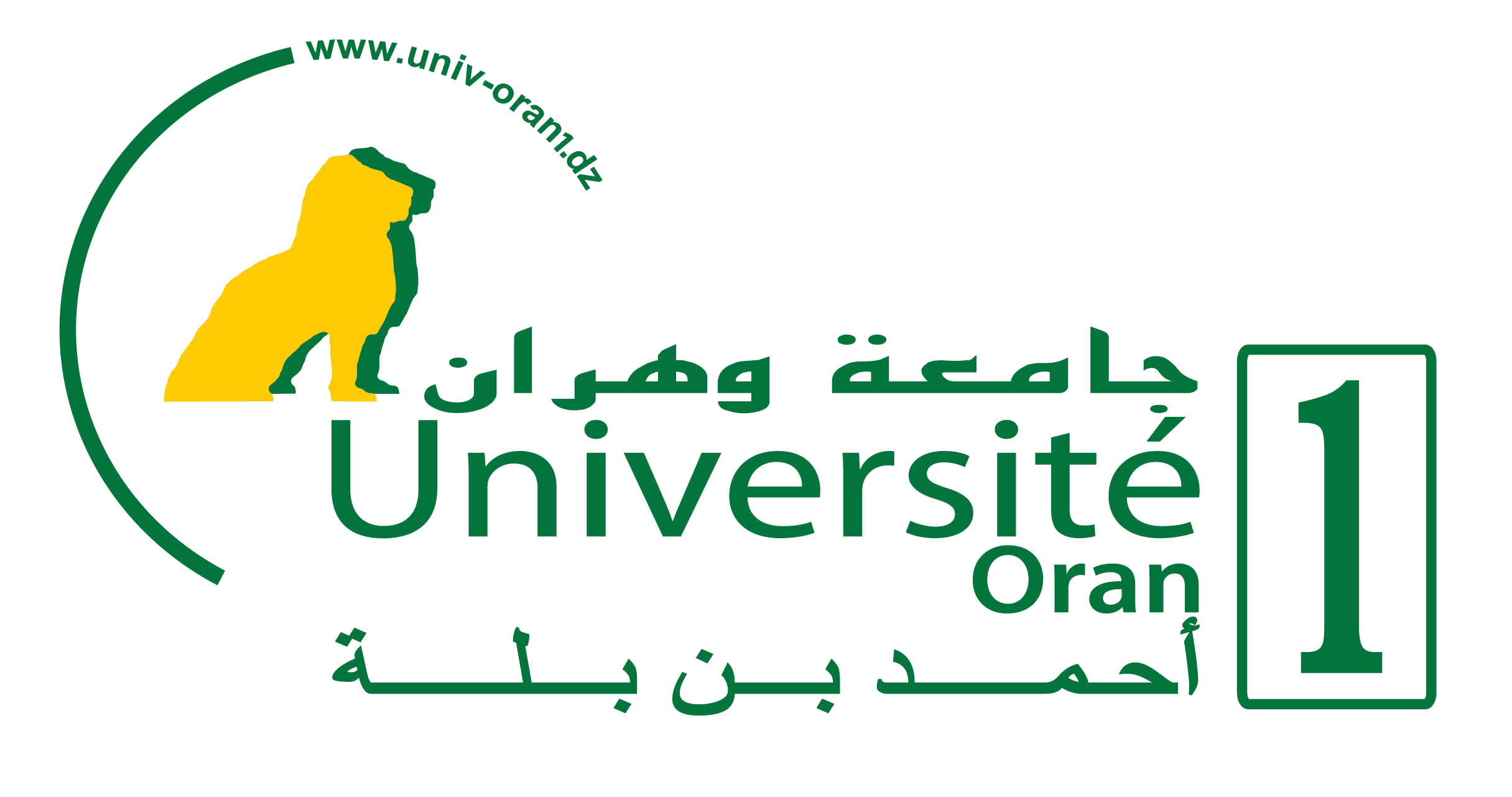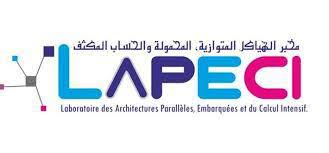
Pr. Carlos Tavares Calafate
Carlos Tavares Calafate is a full professor in the Department of Computer Engineering at the Technical University of Valencia (UPV) in Spain. He graduated with honors in Electrical and Computer Engineering at the University of Oporto (Portugal) in 2001. He received his Ph.D. degree in Informatics from the Technical University of Valencia in 2006, where he has worked since 2002. His research interests include ad-hoc and vehicular networks, UAVs, Smart Cities & IoT, QoS, network protocols, video streaming, and network security. To date he has published more than 400 articles, several of which in journals including IEEE Transactions on Vehicular Technology, IEEE Transactions on Mobile Computing, IEEE/ACM Transactions on Networking, Elsevier Ad hoc Networks and IEEE Communications Magazine. He is associate editor for several international journals, and has participated in the TPC of more than 250 international conferences. He is a founding member of the IEEE SIG on Big Data with Computational Intelligence.
UAV solutions based on wireless communications
In this talk an introduction to unmanned aerial vehicles will be made, detailing their operation, main uses, and main research challenges. Next, different applications and systems developed in our research group will be discussed, showing how wireless communications can be used to achieve advanced features such as swarm creation and collision avoidance.

Pr. Antonio Skarmeta
Antonio Skarmeta received the M.S. degree in Computer Science from the University of Granada and B.S. (Hons.) and the Ph.D. degrees in Computer Science from the University of Murcia Spain. Since 2009 he is Full Professor at the same department and University. Antonio F. Skarmeta has worked on different research projects in the national and international area in the networking, security and IoT area, like Euro6IX, 6Power, ENABLE, DAIDALOS, SWIFT, SEMIRAMIS, SMARTIE, SOCIOTAL and IoT6. He now coordinates the H2020 project IoTCrawler focusing on IoT advanced discovery on IPv6 networks and OLYMPUS on privacy preserving IdM. His main interested is in the integration of IPv6, security services, identity, IoT and Smart Cities. He has been head of the research group ANTS since its creation on 1995. Actually he is also advisor to the vice-rector of Research of the University of Murcia for International projects and head of the International Research Project Office. Since 2014 he is Spanish National Representativefor the MSCA within H2020. He has published over 200 international papers and being member of several program committees. He has also participated in several standardization for a like IETF, ISO and ETSI and being nominated as IPv6 Forum Fellow. He is also CTO of the spinoff company Odin Solution S.L. (OdinS) in the area of IoT and Smart Infrastructure.
Advanced IoT Platform based solution for Smart Infrastructure
This talk will review the basic concepts of how IoT provide advanced solutions for data management based on open platform for data integration and interoperability. Solution for different scenarios like smart building, smart agriculture and smart cities will be described. This talk will review also the basic concepts of securing communications proposal for Internet of Things (IoT) and impact of new 5G networks.

Pr. Yamine AIT AMEUR
Yamine AIT AMEUR is full professor at the Polytecnhique National Institute of Toulouse (INPT-ENSEEIHT). He is a the head of the “Reliability of Systems and Software RSS” department and member of the ACADIE research team at IRIT Toulouse research institute of computer science. Formal methods, ontology based formal modeling and formal system engineering are his main topics of interest. Formal modeling is at the heart of his research activities., in particular refinement and proof based system modeling. Yamine AIT AMEUR has participated and led several research national and international projects and has written a couple of research papers and supervised several PhD thesis. He is still involved in many research projects, PhD supervision and scientific committees. His research results have been applied in various engineering areas like aeronautics, transportation systems, embedded systems and petroleum industry.
Formal modelling of discrete and continuous behaviours in hybrid systems
Hybrid systems consist of a discrete part
interacting with a continuous, physical environment.
Due to this dual nature, the verification of such
systems is complex; it requires the capability to
handle and to reason on continuous objects such as
functions and differential equations for modelling the
physical part, in addition to the usual discrete
objects for the controller part.
This talk discusses a formal modelling approach of
such systems. This approach is state based and relies
on refinement and proof. We show how the development
of hybrid systems can be conducted within the Event-B
formal method and its integrated development
environment Rodin. Examples of such developments are
presented as well. We finally explicit some future
research paths targeting better support such
developments.

Pr. Smail Niar
Pr. Smail Niar, Université Polytechnique Hauts-de-France (UPHF)& CNRS, France, received his PhD in computer Engineering from the University of Lille (France) in 1990. Since then, he has been professor at UPHF where he is director of the computer science department at the “Laboratory of Automation, Mechanical and Computer Engineering”, a joint research unit between CNRS and UPHF. S.Niar co-supervises the «Intelligent infrastructures & vehicles » task within the International Campus on Safety and Inter-modality in Transportation (“Campus International sur la Sécurité l’Intermodalité dans les Transports” CISIT). Prof. S.Niar is member of the editorial board at the “Embedded Hardware Design: Microprocessors and Microsystems” (Elsevier) journal. He is member of the European Network of Excellence on “HIgh Performance and Embedded Architectures and Compilation” (HIPEAC), EuroMicro society and IEEE senior member. His research interests are in heterogeneous multi-processor system-on-chip (MPSoC) architectures in intelligent transportation systems, power/energy consumption optimization, dynamically reconfigurable embedded systems (FPGA) and reliability issues for embedded systems.
Embedded System Architecture Optimizations
for Machine Learning Based Autonomous
Vehicles
The transportation industry (automotive, railway
and avionics) continues to look for ways to reduce the
fatalities and the severity of accidents. Autonomous
driving (AD) not only reduces the number of accidents,
but offers also a better use of road infrastructures
and may protect the environment. However, AD comes
with inherent challenges. Specifically, many of the
actions taken by the autonomous vehicle are based on
increasingly complex algorithms, mainly applied from
the artificial intelligence (AI) domain such as deep
neural networks (DNN). These algorithms are known for
their greed of computing and memory resources.
In this
presentation, I will talk about projects we are
developing at Université Polytechnique Hauts-de-France
in the design of optimized embedded systems for highly
complex AD functionalities. The use of techniques
such approximate computing, dynamic and partial
reconfiguration and hierarchical cloud/fog/edge
platforms will be explored.

Dr. Soror Sahri
Soror Sahri is associate professor at University of Paris. She is a member of “the Data Intensive and Knowledge Oriented Systems” group of the computer science department LIPADE. She received her PhD in computer science from Paris-Dauphine University, where she worked on scalable and distributed databases. Actually, her main research concerns especially large-scale data management, data quality and distributed databases. She was involved in several international projects and interdisciplinary programs. She is a member of the editorial board of TLDKS. She has served as a local organization chair of IEEE-MASCOTS 2014, and has participated in the TPC of several international conferences.
Quality assessment of big datasets
Data quality issues trace back their origin to the early days of computing. Data quality issues include inaccurate, imprecise, incomplete, inconsistent or uncertain data. The existing solutions to assess and improve the quality of data primarily target relational data and data warehouses. The recent emergence of big data and renaissance in machine learning necessitates evaluating the suitability of existing approaches to data quality. In this talk, we review different data quality issues, and their measurement attributes, known as quality dimensions. We review existing solutions and present ours to assess quality while efficiently handling the characteristics of big and distributed datasets. Examples and use cases will highlight the solutions.

